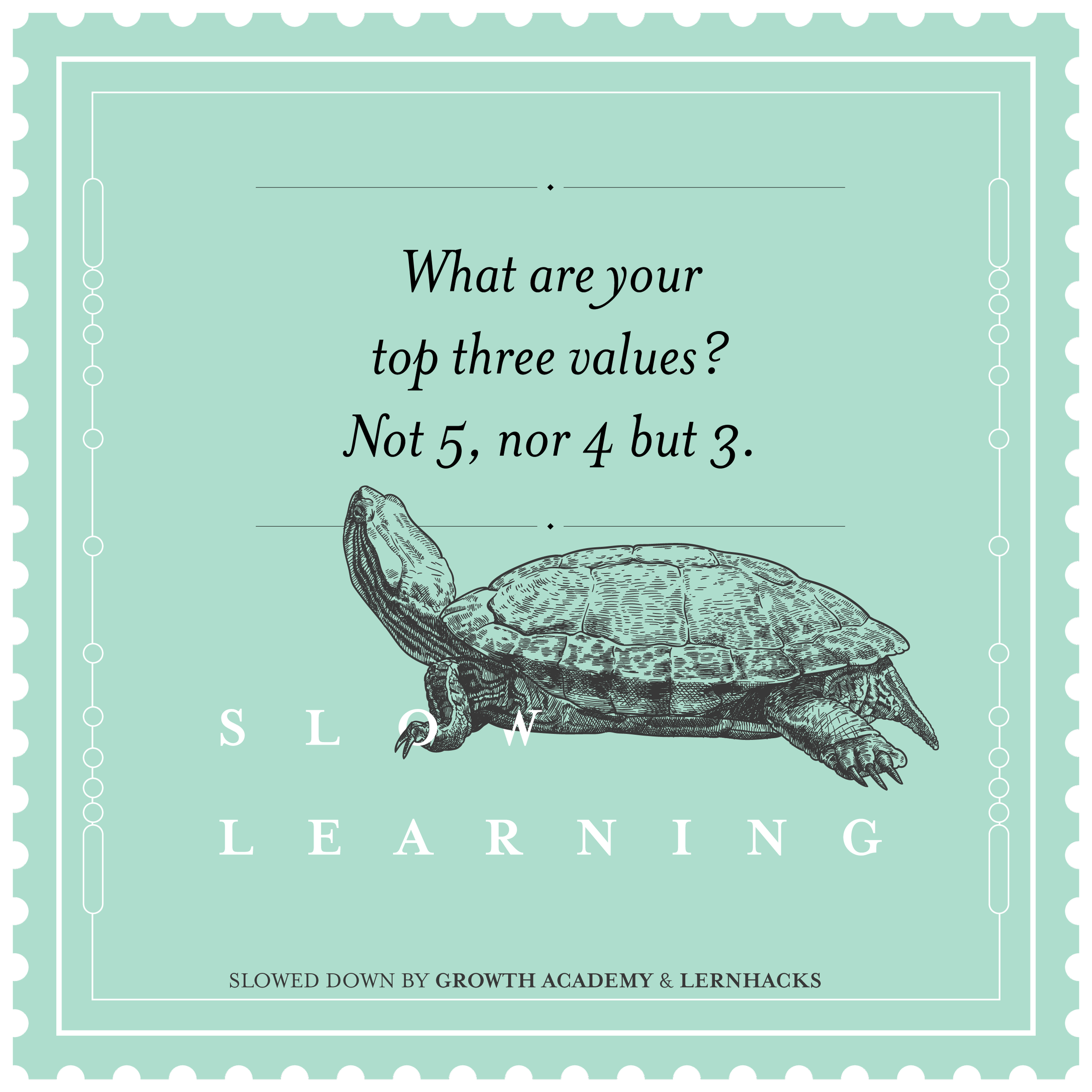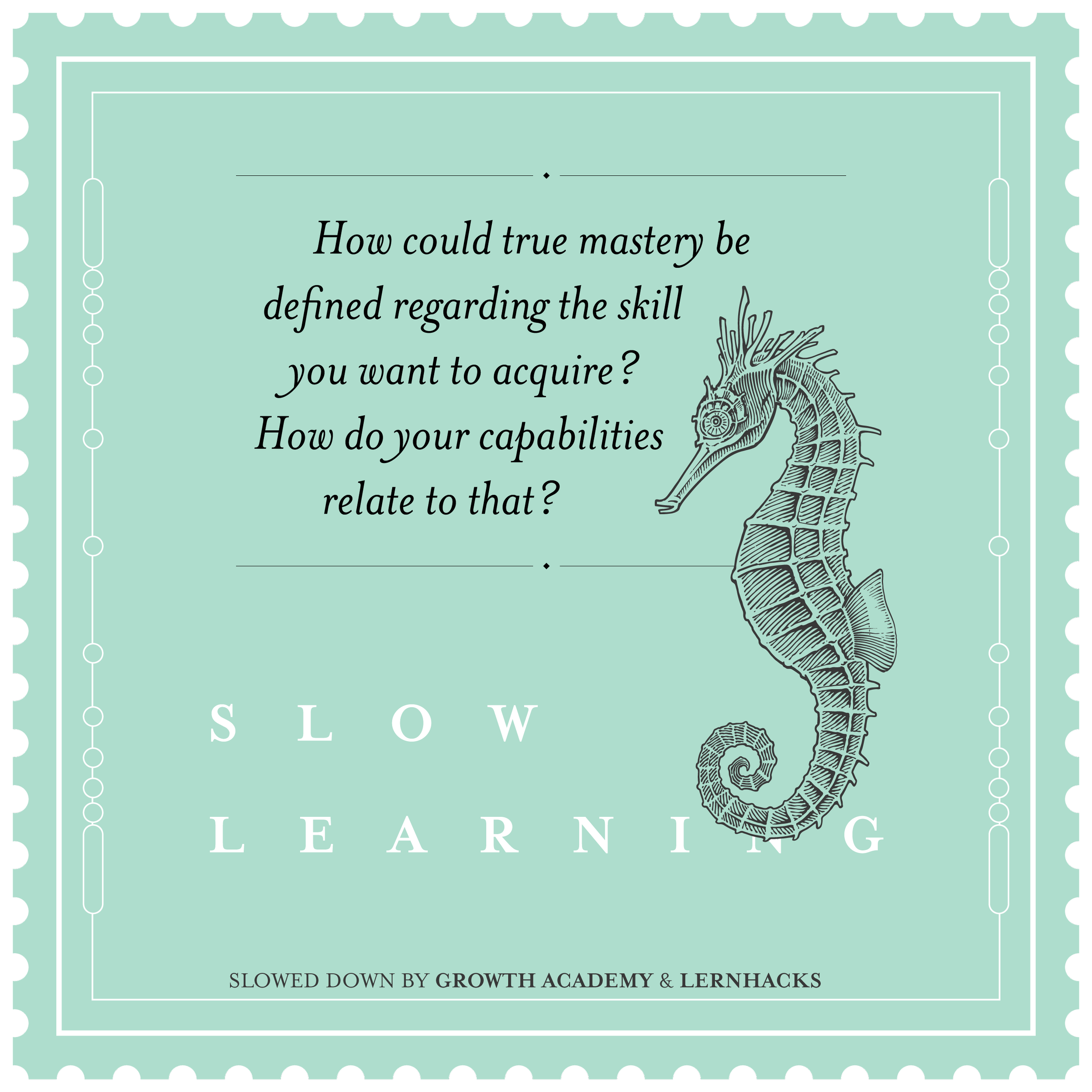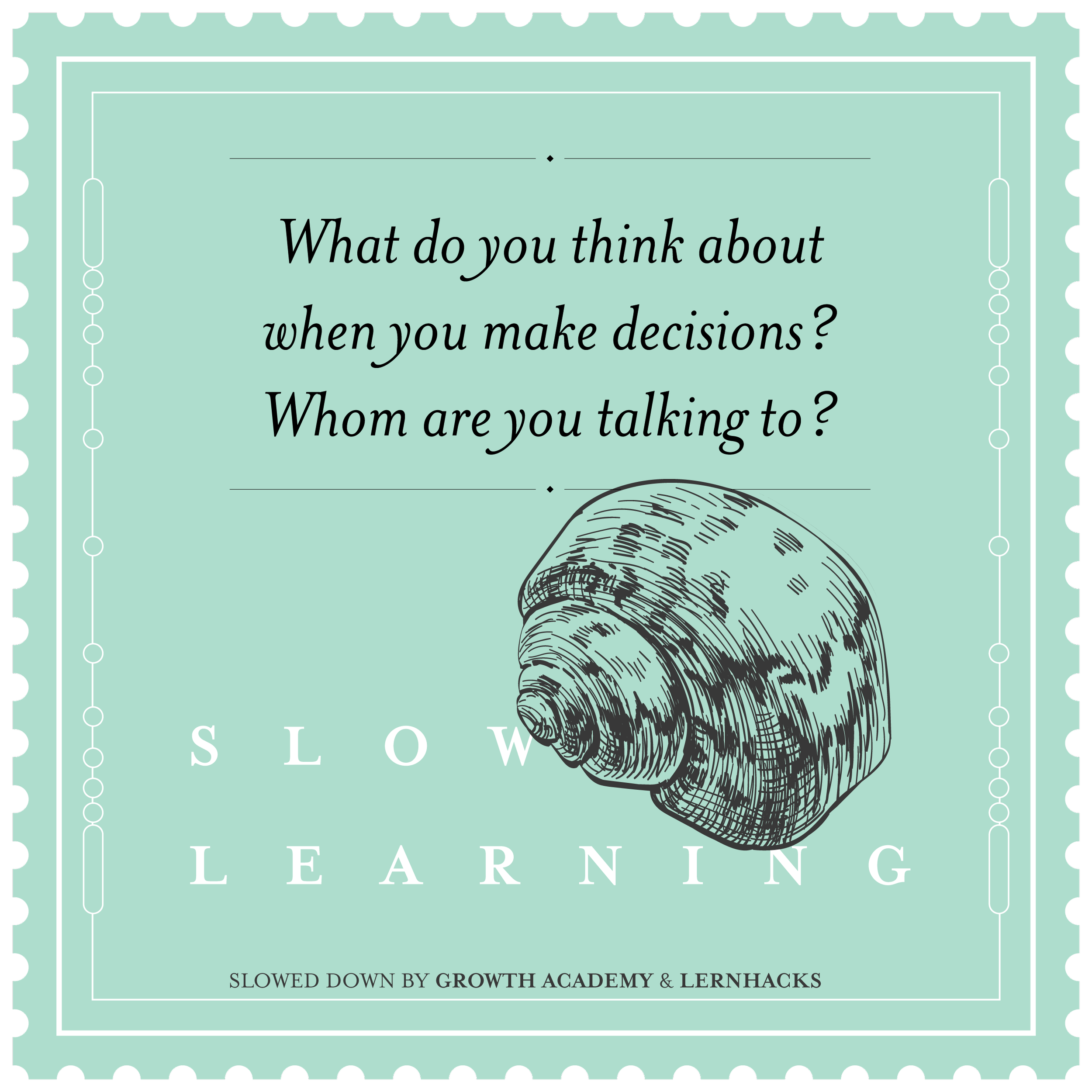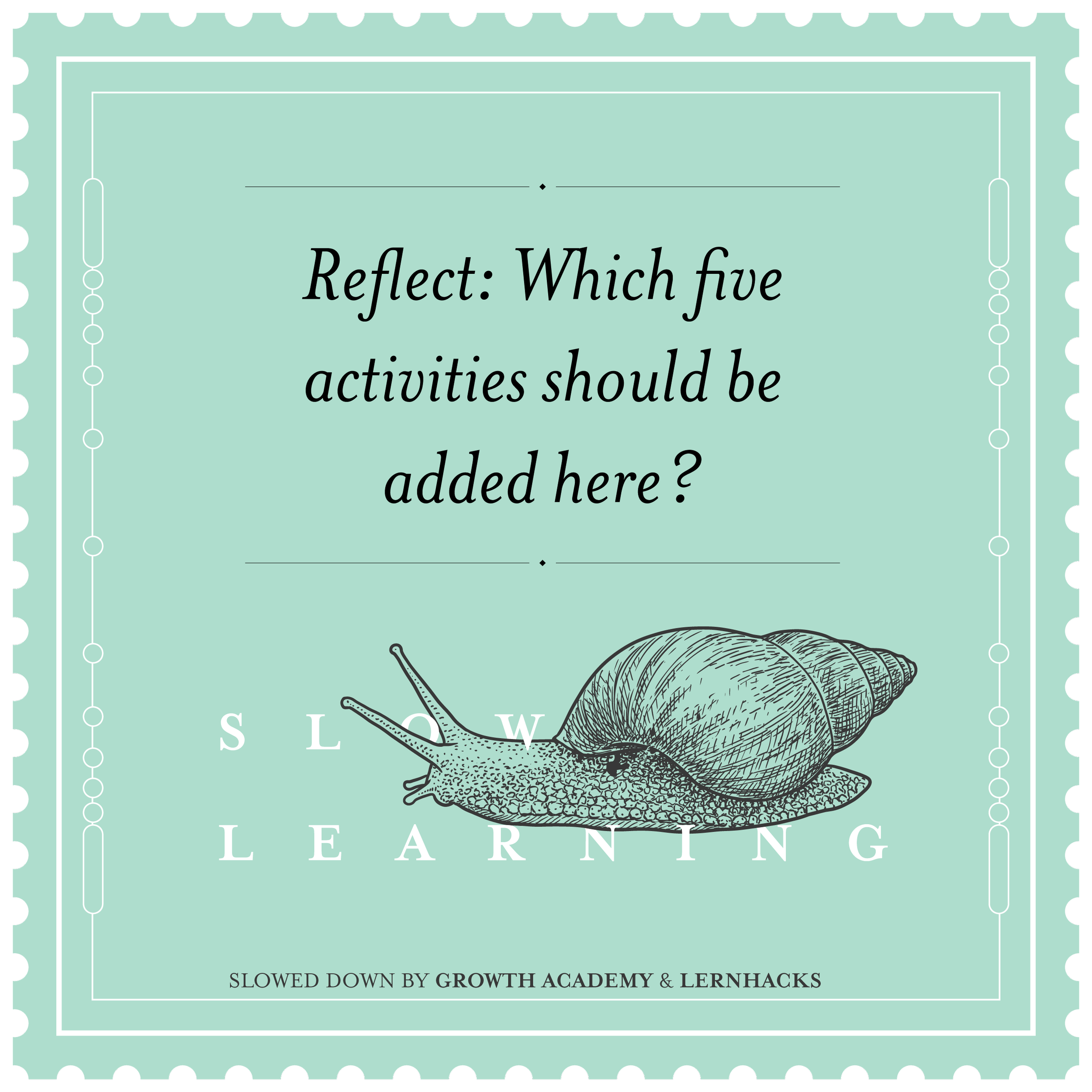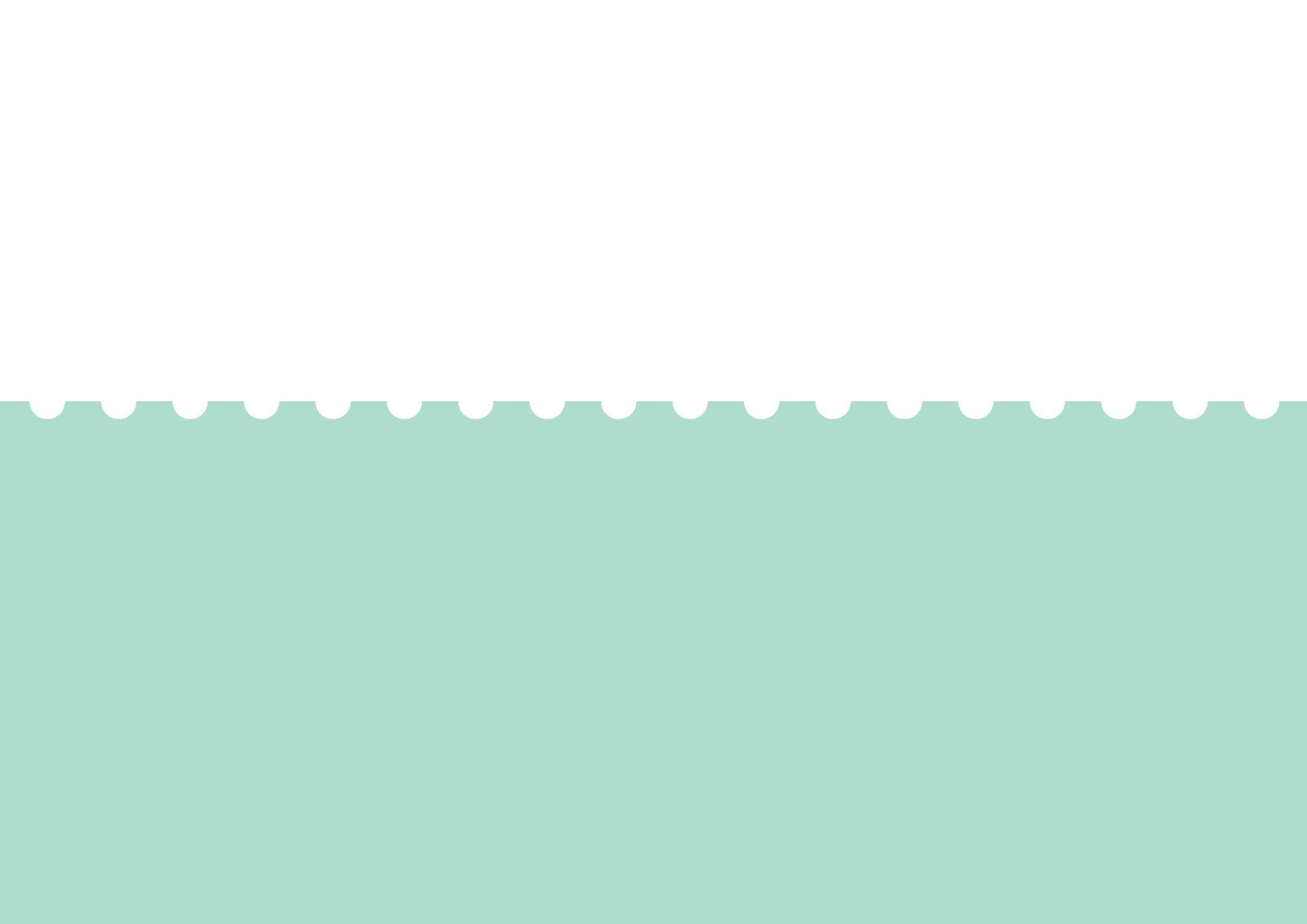
Preambel
In the first two decades of the 21st century, technological achievements and economic demands fundamentally changed the learning landscape. Trendy terms such as microlearning and bite-sized learning address the need to design learning content to adapt precisely and to solve very specific problems. This gives the impression that learning can be increasingly optimized in terms of efficiency. The concept of slow learning proposes that fast bite-sized learning should be complemented by slow learning.
Developing competencies demands time. Competencies can only be developed through Slow Learning.
Competencies are based on one's personality and its development. Developing such competencies with their necessary knowledge, attitude and perspective, experience and practical skills, and finally, “gut feeling” that defies clear reasoning, requires thinking in broader horizons.
Humans are slower than computers. Slow Learning is human learning.
The faster machines learn and synthesize unmanageable amounts of information, the more important it is to focus on developing such genuine competencies, which are at this time still considered solely human skills.
Slow Learning is digital avant-garde.
Slow Learning starts from a reflective understanding of emerging technological developments and their implications for future learning needs, ways of working, and societal developments. Slow Learning is not backward-looking but embraces present and future technologies.
Slow Learning and fast learning are complementary. The approaches are not competetive.
The fast learning approach involved in solving immediate tasks is also essential. However, fast learning with videos, online courses, learning nuggets, etc., can only increase the development of up individual knowledge elements and suggest approaches on the surface. It must therefore fit into a broader understanding of competence development: Consequently slow Learning is vital.
Slow Learning is reflexive.
Significant challenges, inspiring encounters in networks, effort, and reflection on one's development, are basic modes of Slow Learning. Self reflection is an important part of this process.In addition to dealing with oneself, this reflection usually requires an interlocutor.
Slow Learning as a means of achieving for happiness.
Slow Learning encourages people to recognize their potential, develop it, and translate it into action. In this way, learners experience self-efficacy. Experiencing self-efficacy is an essential resource for a fulfilled, happy life.
Jan Schönfeld, Thomas Tillmann, Claas Triebel
February 2023

Explore Slow Learning Impulses
Take it slowly, adapt one at a time.
BEHIND THE INITIATIVE
Dr. Thomas Tillmann
Corporate Learning Consultant, Co-Founder Lernhacks
Jan Schönfeld
Teacher, Agile Learning Coach, Co-Founder Lernhacks
Dr. Claas Triebel
Founder and CEO Kompetenzbilanz and Growth Academy






